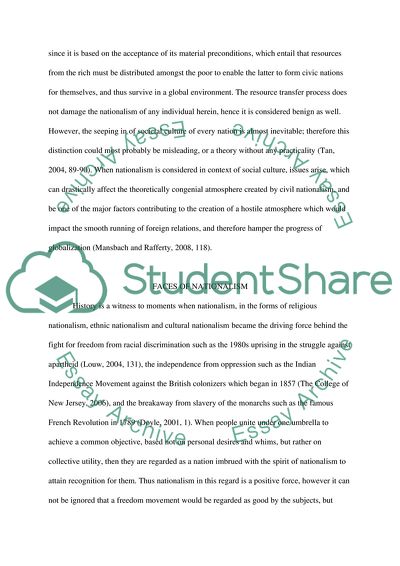Cite this document
(Nationalism as a Positive Force in Global Politics Essay, n.d.)
Nationalism as a Positive Force in Global Politics Essay. https://studentshare.org/politics/1739526-can-nationalism-be-a-positive-force-in-global-politics
Nationalism as a Positive Force in Global Politics Essay. https://studentshare.org/politics/1739526-can-nationalism-be-a-positive-force-in-global-politics
(Nationalism As a Positive Force in Global Politics Essay)
Nationalism As a Positive Force in Global Politics Essay. https://studentshare.org/politics/1739526-can-nationalism-be-a-positive-force-in-global-politics.
Nationalism As a Positive Force in Global Politics Essay. https://studentshare.org/politics/1739526-can-nationalism-be-a-positive-force-in-global-politics.
“Nationalism As a Positive Force in Global Politics Essay”. https://studentshare.org/politics/1739526-can-nationalism-be-a-positive-force-in-global-politics.


